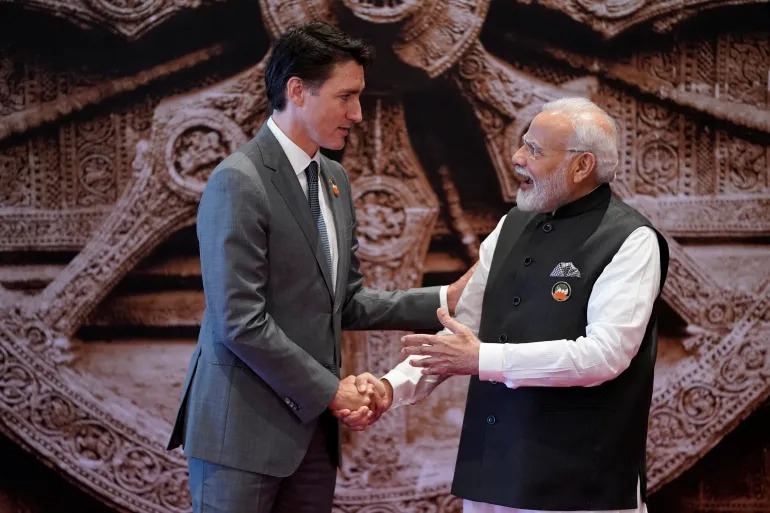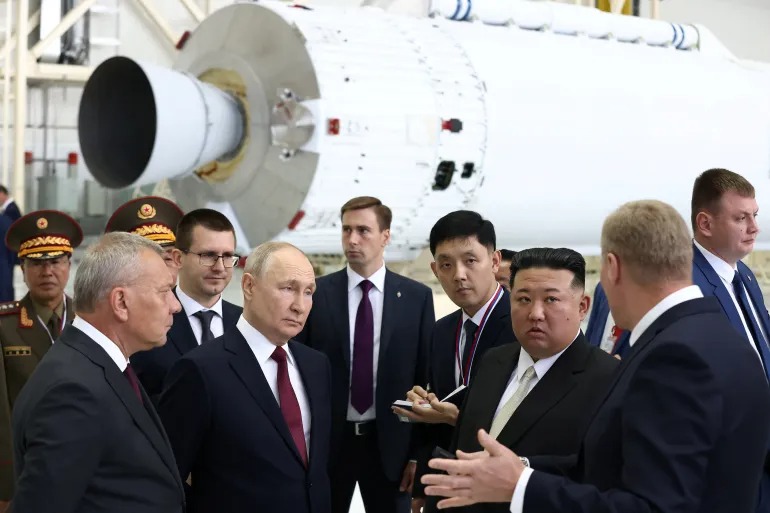Canadian Prime Minister Justin Trudeau’s departure from India has been marred by aircraft issues that delayed his exit following a tumultuous two-day Group of 20 (G20) summit in New Delhi. This episode underscores the growing tensions between India and Canada, fueled by a series of contentious issues, including the suspension of trade treaty talks and concerns over protests by the Sikh community in Canada.
Aircraft Troubles Delay Trudeau’s Departure
Trudeau’s planned departure from India was significantly delayed due to a mechanical fault detected in his aircraft. Canadian media outlets reported that he eventually left the country two days later than originally scheduled. The Royal Canadian Air Force plane, CFC01, took off from Delhi airport shortly after 1 pm local time, once the aircraft issue had been resolved. This unexpected delay added another layer of complexity to an already challenging diplomatic visit.
Tensions Escalate Over Trade Treaty Pause and Sikh Community Protests
The G20 summit in New Delhi provided a stage for the escalating tensions between India and Canada to come to the forefront. One notable absence during the summit was a bilateral meeting between Prime Minister Modi and Trudeau. Although the two leaders had a sideline conversation, it was reported that Modi conveyed strong concerns about protests by members of the Sikh community in Canada. Canada hosts the largest Sikh population outside of Punjab, India, and has witnessed several protests that have irked the Indian government.
In June, India criticized Canada over a parade float depicting the 1984 assassination of Indian Prime Minister Indira Gandhi. The float was perceived as a glorification of violence by Sikh separatists. The Indian government accused Canada of promoting secessionism, inciting violence against Indian diplomats, and damaging diplomatic premises. Trudeau responded by emphasizing Canada’s commitment to freedom of expression, freedom of conscience, and peaceful protest, while denouncing violence and hatred. He noted that the actions of a few individuals should not be seen as representative of the entire community or Canada.
Human Rights and Democracy Concerns Take Center Stage at G20 Summit
The G20 summit also witnessed discussions about human rights and democracy concerns in India. Rights advocates have accused the Modi government of targeting minorities and eroding democracy and human rights in the country. Many have called on world leaders to exert pressure on New Delhi over its rights record. The National Council of Canadian Muslims, an advocacy group, praised Trudeau’s stance during the G20 summit, highlighting his discomfort with India’s deteriorating human rights record. They emphasized the need for Canada to uphold its commitment to international human rights and urged that strong human rights protections be incorporated into trade agreements.
Trudeau’s office, in a readout of his talks with Modi, mentioned that he emphasized the importance of respecting the rule of law, democratic principles, and national sovereignty. The leaders also discussed topics such as inclusive economic growth, support for low- and middle-income countries, and access to concessional finance for sustainable development.
As Prime Minister Trudeau’s departure from India is marked by both mechanical troubles and diplomatic tensions, it remains to be seen how these issues will impact the future relationship between India and Canada. The G20 summit has brought to light a range of challenges that demand careful consideration and resolution by both nations.
















